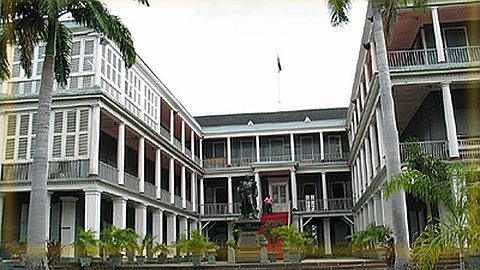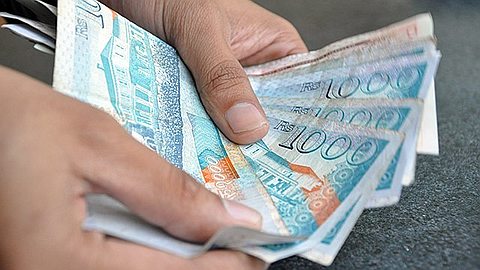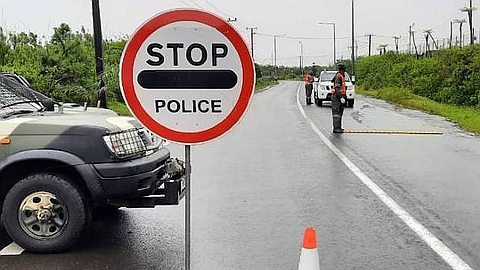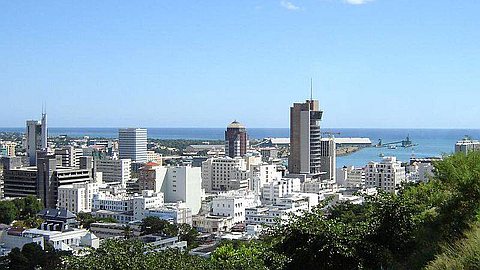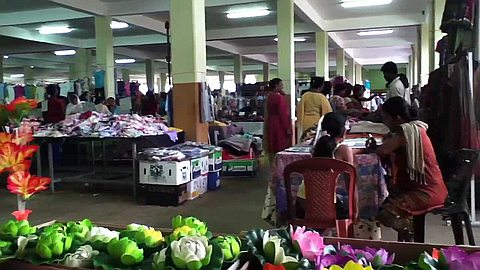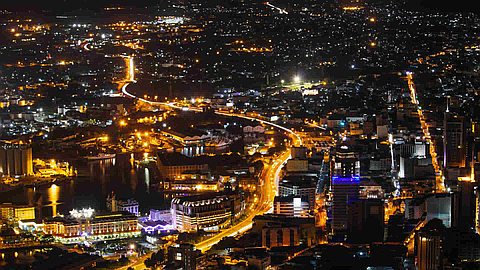Mission To Find New Markets
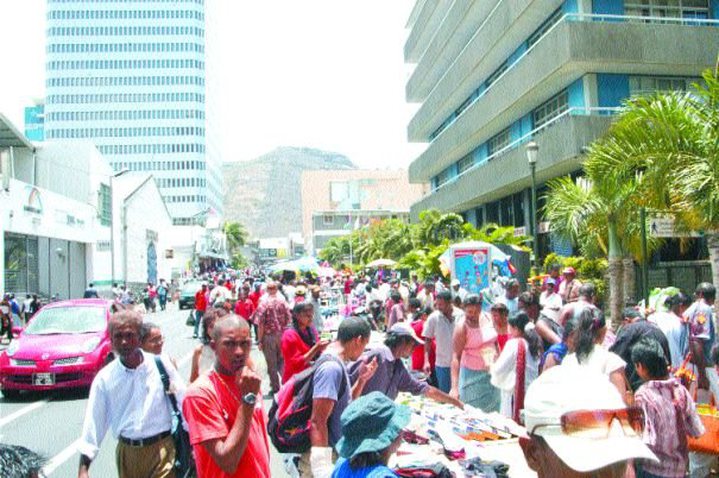
Despite its reliance on trade and investment with Europe, the island has managed to tough out the financial crisis, reporting an average growth in gross domestic product of about 4 per cent – a figure that would make most European countries envious.
The corporate sector, dominated by a few family-controlled conglomerates on which many more small and midsize companies rely – is, as in times past, reacting to adversity by reinventing itself. In the sugar sector, producers have raised their game by exporting refined rather than raw product. Textile companies have cut costs and outsourced more work to low-cost countries.
Hotel groups are pursuing new markets such as China, India and Russia to make up for the Europeans forgoing trips. Sugar estates are turning some of their agricultural land into shopping malls or residential developments for foreigners willing to spend $500,000 or more on a Mauritian pièd-a-terre.
The government forecasts GDP growth of 3.5 per cent this year – a drop from 3.9 per cent in 2011. It describes this as a respectable showing, considering that Mauritius sends about half its exports to Europe and gets two-thirds of its tourists and foreign direct investment from there.
“You could have expected much worse with such exposure,” says Xavier-Luc Duval, the finance minister. According to government estimates, the real estate sector will be the biggest driver of growth this year, followed by financial intermediation, manufacturing and trade.
But many Mauritians express disquiet about slowing growth, which they worry will soon increase unemployment, which is already at 8 per cent. The weakening of the rupee has helped support exports, but hurt ordinary Mauritians’ household budgets in an island country that imports most food and other basic goods.
The “glass-half-empty” school points out that the government has intervened three times to prop up struggling companies, but many are still losing money and could fail if the crisis in Europe proves long and hard.
Some say the government’s response to a slowing world economy and the growing competition from elsewhere has been haphazard and inadequate in the face a serious global crisis and deep-rooted homegrown problems.
“There is no master plan, there is no development plan,” says Kee Chong Li, a spokesman for finance in the opposition. “This is a country of fix it as you go.”
When Lehman Brothers collapsed in 2008, precipitating the global banking crisis, the government announced a first set of stimulus measures by year’s end.
Dubbed the “Mauritius Approach”, the programme saw the government guarantee low-interest bank loans for struggling companies. They in turn were asked to put up 20 per cent fresh capital of their own and to forgo declaring dividends or cutting jobs.
About 19 companies – primarily textile producers – benefited from the aid, and about 8,000 jobs were saved, according to Raj Makoond, director of the Joint Economic Council, which oversees the programme.
“We were able to carry forward the lessons of the Lehman crisis in public-private mode,” he says. “Had some of the large companies gone under, the ripple effect would have been bad.”
The government intervened again to support struggling companies with the Economic Restructuring and Competitiveness Programme, another stimulus plan.
Last year, it doubled the size of the National Resilience Fund, which assists companies in financial distress because of the crisis, to $200m.
While the stimulus is keeping many companies afloat, the economy is still under pressure from weak overseas demand. Many think that the government’s 3.5 per cent growth target will have to be cut.
“On the economic front, it will be tough,” says Rama Sithanen, a former finance minister who runs International Financial Services, a consultancy that helps offshore companies. “Most experts suggest we are in for the long haul in terms of contraction of the economy in Europe.”
While the word “austerity” is not one used often in a local context, some analysts think the country needs to cut costs and improve performance in public-sector institutions such as education and pensions.
“We must improve productivity and competitiveness,” says Rundheersing Bheenick, governor of the Bank of Mauritius.
The country’s demographic profile, which used to be pyramid – with more young people at the bottom than old ones at the top – now “looks like a tower block”, he says. Its underfunded state pension system could in future break the budget if left unreformed, he says.
Mr Li says Mauritius needs to overhaul its education system, which he claims focuses too much on rote learning and is not producing graduates with the right skills.
Mauritian political parties are for now shunning spending cuts, which they see as toxic.
The country’s media, too, are more focused on political horse-trading and scandals than deeper public policy challenges.
But some Mauritians say this must change.
“When there is sustained recovery, there will be heightened competition for markets that will have shrunk,” says Mr Bheenick. “To face up to that competition, you must be strong.”
